Welcome to My Blog!
Before we dive into the content, I’d love for you to join me on my social media platforms where I share more insights, engage with the community, and post updates. Here’s how you can connect with me:
Facebook: https://www.facebook.com/profile.php?id=100072217509763
LinkedIn: https://www.linkedin.com/company/74949059/admin/dashboard/
YouTube:www.youtube.com/@tractormanufacturer-lc5qz,www.youtube.com/@excavatormanufacturers-sn9hk
TikTok: www.tiktok.com/@tractormanufacturer, www.tiktok.com/@excavatormanufacturers
Now, let’s get started on our journey together. I hope you find the content here insightful, engaging, and valuable.
Introduction
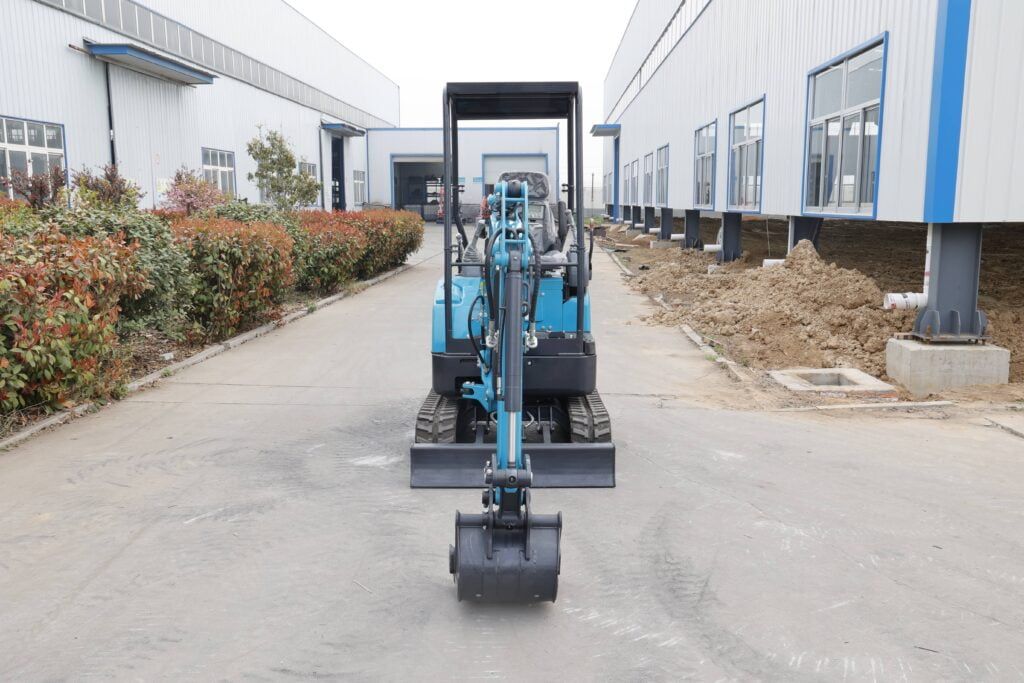
Thinking about investing in an excavator?
Whether you’re a seasoned contractor or a homeowner tackling a large-scale project, understanding the costs associated with purchasing an excavator is crucial. This comprehensive guide will delve into the factors that influence excavator costs, comparing the expenses of new and used models. By the end of this article, you’ll be equipped with the knowledge to make an informed decision that aligns with your specific needs and budget.
Factors Affecting Excavator Costs
The cost of an excavator can vary significantly depending on several factors, including:
- Brand and Model: Different manufacturers offer a wide range of excavators with varying features and capabilities. Premium brands often come with a higher price tag.
- Size and Weight: The size of the excavator directly impacts its cost. Larger models with greater digging capacity tend to be more expensive.
- Attachments: Additional attachments, such as hydraulic hammers, augers, and grapples, can increase the overall cost of the excavator.
- Engine Type: Diesel engines are the most common in excavators, but hybrid or electric options may be available at a higher cost.
- Age and Condition: For used excavators, age and overall condition play a significant role in determining the price. Newer models with low hours will command a higher price.
- Location: Geographic location can influence the cost of an excavator due to factors such as transportation, taxes, and local market conditions.
New Excavators: The Premium Choice
Pros:
- Latest Technology: New excavators come equipped with the most advanced features and technologies, such as improved fuel efficiency, enhanced safety systems, and advanced control systems.
- Warranty: Manufacturers typically offer comprehensive warranties on new excavators, providing peace of mind and protection against unexpected repairs.
- Resale Value: New excavators tend to hold their value better over time, making them a sound investment for businesses that frequently upgrade their equipment.
Cons:
- Higher Upfront Cost: The initial investment for a new excavator is significantly higher compared to a used model.
- Depreciation: New excavators depreciate rapidly in the first few years of ownership.
Used Excavators: The Budget-Friendly Option
Pros:
- Lower Upfront Cost: Used excavators offer a more affordable entry point into excavator ownership.
- Variety of Options: The used market offers a wide range of excavators with varying ages, sizes, and conditions, allowing you to find a machine that meets your specific needs.
Cons:
- Unknown History: It can be challenging to assess the overall condition and remaining lifespan of a used excavator without a thorough inspection.
- Potential for Repairs: Older machines may require more frequent repairs and maintenance, adding to the overall cost of ownership.
New vs. Used Excavator Costs: A Comparison
| Feature | New Excavator | Used Excavator |
|---|---|---|
| Upfront Cost | Higher | Lower |
| Technology | Latest | Older |
| Warranty | Comprehensive | Limited or None |
| Resale Value | Higher | Lower |
| Maintenance Costs | Generally Lower | Potentially Higher |
| Reliability | Typically Higher | Can Vary |
Factors to Consider When Choosing
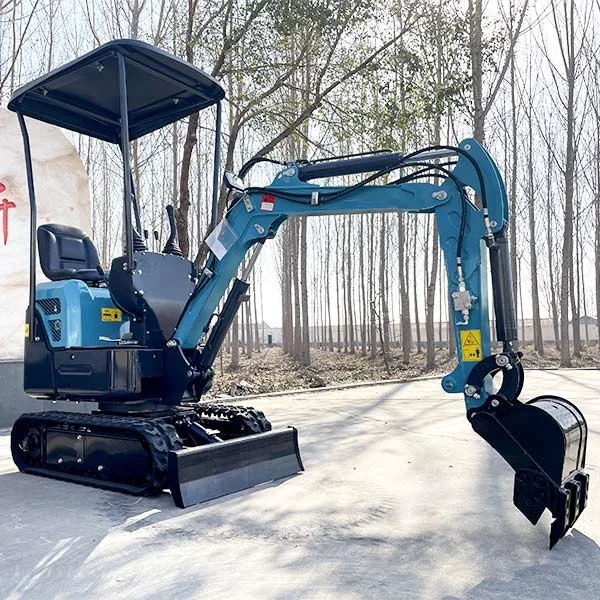
- Budget: Determine how much you can afford to spend on an excavator.
- Usage: Consider the frequency and intensity of use. For occasional use, a used excavator may suffice. For heavy-duty applications, a new machine may be more suitable.
- Features: Identify the specific features and attachments that are essential for your projects.
- Maintenance: Factor in the ongoing costs of maintenance, repairs, and fuel.
- Resale Value: If you plan to sell the excavator in the future, consider the resale value of different models and brands.
Conclusion
The decision to purchase a new or used excavator depends on a variety of factors, including budget, usage, and desired features. By carefully considering the pros and cons of each option, you can make an informed choice that meets your specific needs.
FAQ: Excavator Costs
Q: What are the main factors that influence the operating cost of an excavator?
A: The operating cost of an excavator is influenced by several factors, including fuel consumption, maintenance costs, operator wages, and the cost of attachments. Fuel efficiency, the frequency of required maintenance, and the complexity of tasks performed can significantly impact overall operating expenses.
Q: How often should an excavator be serviced?
A: The frequency of excavator servicing depends on various factors, such as the intensity of use, operating conditions, and manufacturer recommendations. Generally, regular inspections and maintenance are recommended to ensure optimal performance and longevity. Consult your owner’s manual for specific service intervals.
Q: What is the typical lifespan of an excavator?
A: The lifespan of an excavator can vary widely depending on factors such as quality of construction, maintenance practices, and operating conditions. With proper care and maintenance, excavators can last for many years. However, the average lifespan is often estimated to be around 10-15 years.
Q: How does the climate affect excavator costs?
A: Climate conditions can significantly impact excavator costs. Extreme temperatures, high humidity, and harsh weather conditions can accelerate wear and tear on components, leading to increased maintenance and repair costs. Additionally, operating in cold climates may require the use of specialized fluids and equipment, adding to the overall expense.
Q: What are some common mistakes to avoid when purchasing a used excavator?
A: Some common mistakes to avoid when purchasing a used excavator include:
- Not conducting a thorough inspection.
- Failing to verify the machine’s history and maintenance records.
- Overlooking hidden damage or structural issues.
- Not negotiating the price effectively.

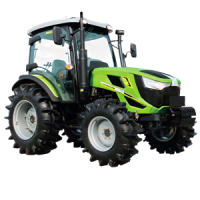
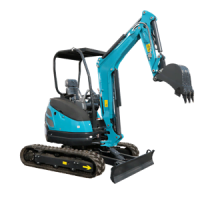
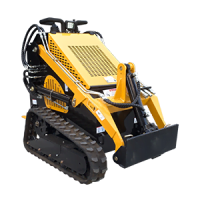
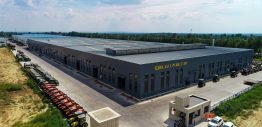
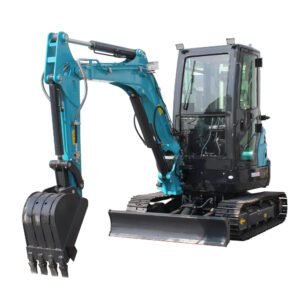
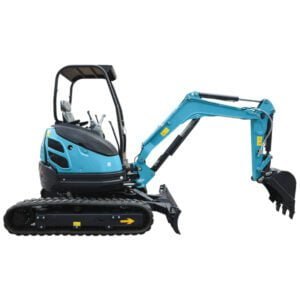
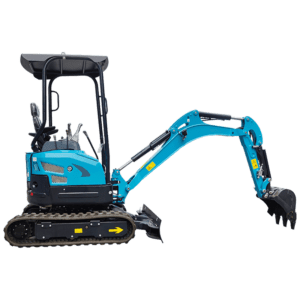

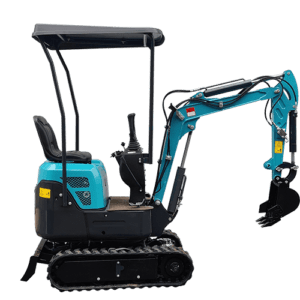

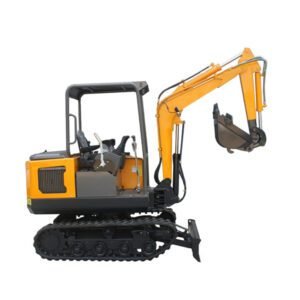

-1.png)